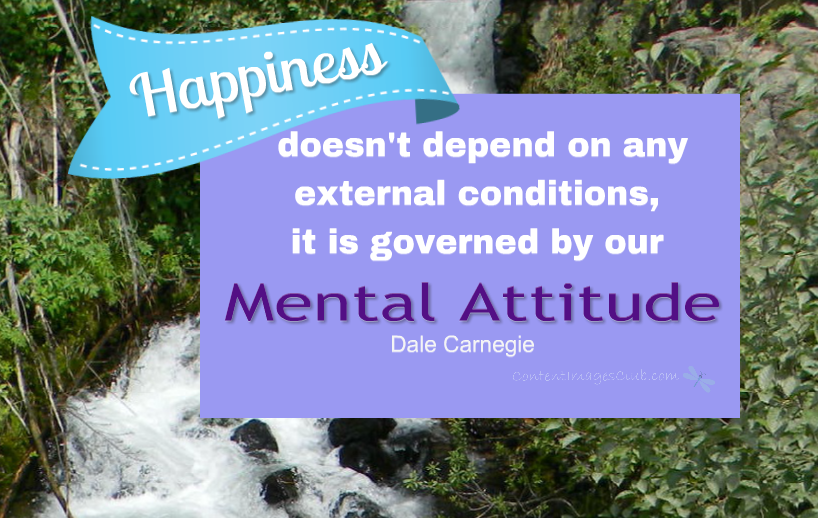3 Expert Tips to Brainstorm the Theme of Your Next Book
Now that you are home more, it’s the perfect time to write your book. You’ve been saying for a long time you wanted to but never had the time. Maybe you don’t know where to start. Sometimes it’s just a matter of not knowing what the overall theme of your book will be. I’m going to show you three expert tips to help you use brainstorming techniques to find the theme of your next book.

I’ve been there. I have ideas for books written down on sticky notes, in notebooks, on my computer hard drive, and in my head. One of the reasons they don’t get written, is I haven’t used any brainstorming techniques to find a good theme for each of them.
What is a Theme
The theme is different from the plot in a novel. The story theme is the overall concept or philosophy you as the author want to communicate. the theme is not just for fiction novels, however.
The theme is your overall message you want your readers to get out of your story. It shows how you feel about a certain topic such as love or self-confidence.
As horror writer Dean Koontz said…
“Theme is a statement, or series of related observations, about some aspect of the human condition, interpreted from the unique viewpoint of the author.”
The difference between theme and subject matter might seem confusing at first. The subject matter is more tangible, like…
- a killing in a crime novel
- the romance of two characters
- a specific event in your life
The theme is what the novel is about, the intangible feeling, thoughts, emotions or psyche that you found or achieved. It’s things like…
- remorse
- the will to live
- faith
You may not truly understand what you are trying to say about your topic until you finish your first draft. Or you might know the message you want to share with everyone before you put that first word on the page.
Either way, the theme will reveal itself.
All fiction, memoirs, business, self-help and other non-fiction books all need a theme to keep the story focused. That’s why it’s important to remember this about your theme:
Try not to encompass your entire life experience from birth or childhood or every piece of knowledge you have about a particular subject in your story.
Brainstorming Themes
Now that you what a theme is, how do you come up with one? If you’ve written anything, you might already be using outlines to plan out your writing. But will that work for coming up with a theme? Maybe. One of the best ways I’ve found is to brainstorm. There are many different brainstorming techniques you can use.

Here are 3 expert tips to help you brainstorm:
Brainstorming Technique #1. Ask Yourself
What do you have to say about life? You want to write because you have something to say about life or human nature or politics or family or….
Above all, you want to express your take on the world and hope others see the world as you do.
So ask yourself things like…
- What’s a question you’re always asking others about or wondering about?
- What kind of change do you want to see in the world and why? Maybe you want to see more kindness to others or for the earth to be restored, for example?
- Think about the issues you’re passionate about. Or that get you riled up? For instance, political actions, animal abuse, child abuse, education, alcoholism, lying?
- What virtues are undervalued or which ones do you personally adhere t
- Are there vices you dislike in others?
- What habits do you find annoying or do you have that you find annoys others?
Use these to help you narrow down your theme.
Brainstorming Technique #2. General Ideas
General themes are found in almost every type of writing. When I was writing my first non-fiction book, I had a general idea I wanted to help people to find acceptance of their circumstances and to make the best of their situation. Maybe one of these general themes will help you brainstorm yours:
- Forgiving yourself or others, such as through prayer, spirituality or asking forgiveness.
- Responsibility such as standing up for a cause or accepting your own destiny
- Love of others, self or romantic
- Survival and the willingness to live
- Overcoming fear, conquering a fear or finding courage
- Find your faith in God, yourself, the world, in others
- Selflessness such as heroism, overcoming greed, altruism
- Finding acceptance of yourself, your circumstances or the reality of something
- Learning to trust in the unknown, others or yourself
- Accepting blame, having remorse or seeking atonement
Brainstorming Technique #3. Your Character Changes
Think about how you or your character changes throughout your story. Now relate this to the message you desire your readers to get.
- Who is your character at the beginning of the story? Are they fearful, lack confidence, lying?
- What’s holding them back? Outdated beliefs? Flaws? Situation?
- How do they overcome these by the end of the story?
- What did/does your character gain or lose in the end?
- Who has the character become after the experience in your story?
Look at the overall theme that comes through.
Do This Next
Whether you’re writing your first book or your next book, it’s important to have an idea of what your theme is. Think about what you want your reader to feel. How do you want to inspire them or motivate them? That’s your theme.
Now grab that pen and paper and start using these brainstorming techniques to the theme of your next book.
What is your best tip for brainstorming the theme of your book? Tell me in the comments and let’s explore more ways to brainstorm.

P.S. Every writer gets stumped on occasion on what they want to write about or finding their theme. Let me help you discover yours. Book a call and let’s discover your theme!


